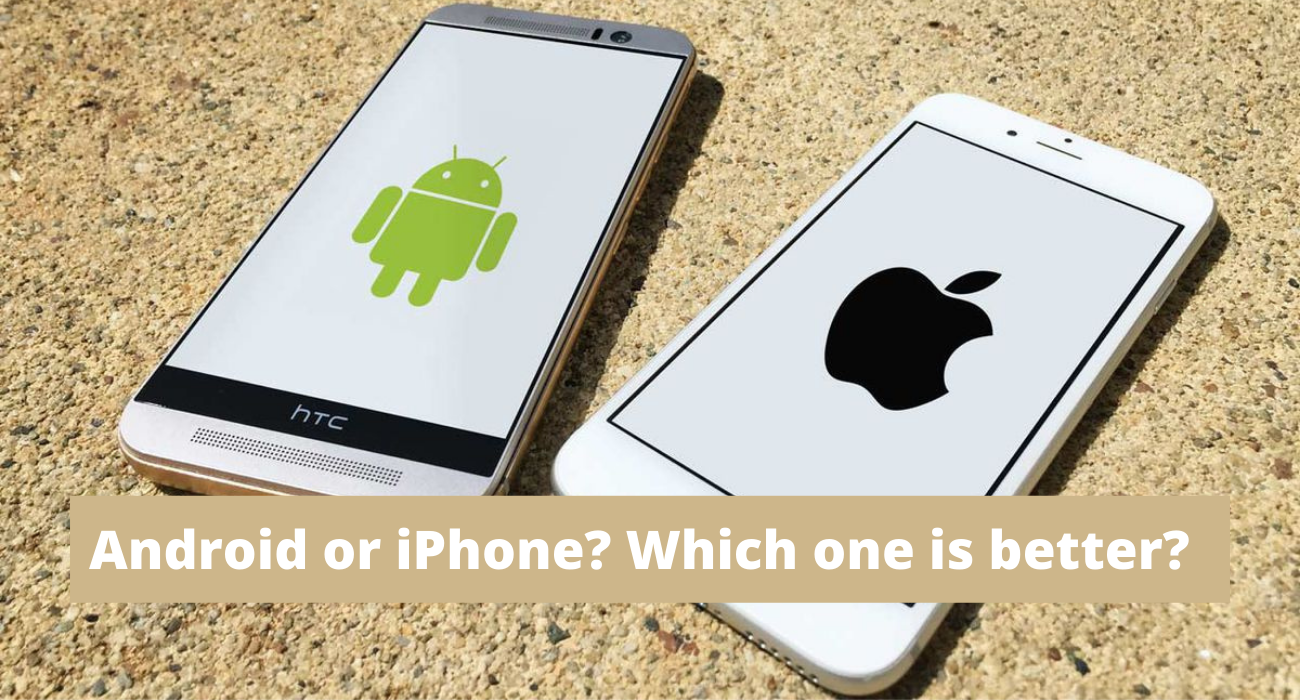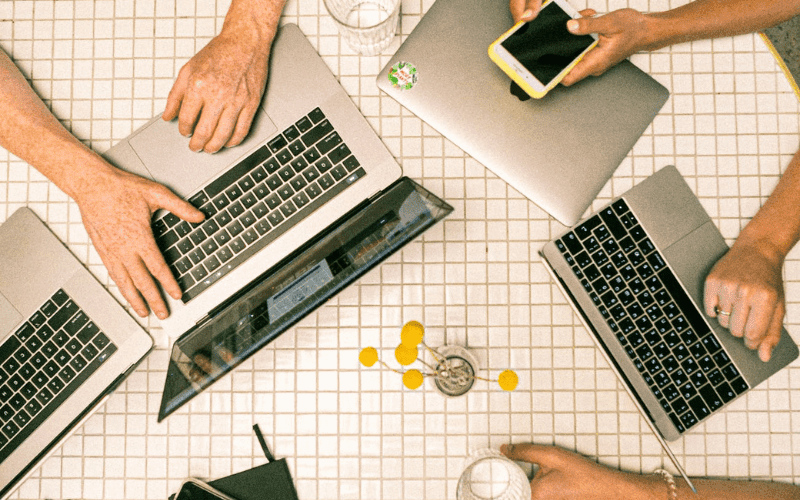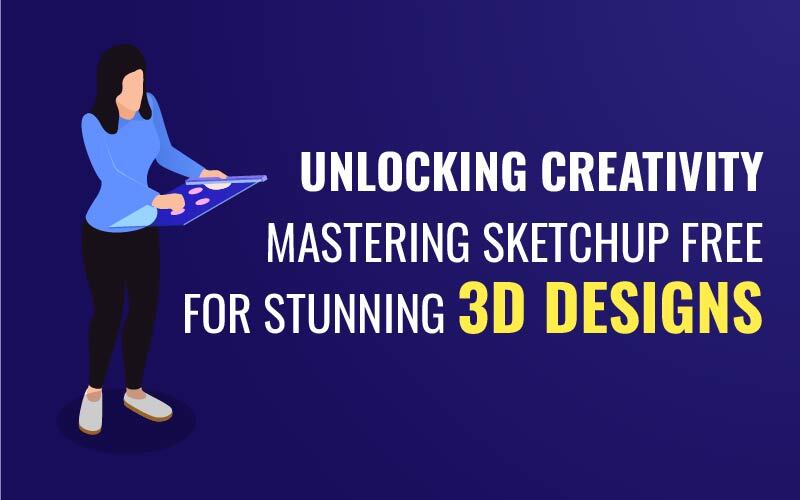The phones just keep getting better. The choice of your next smartphone is not about picking the best but choosing the one that suits you best. You may be wondering whether you should choose between Android or iPhone when upgrading your smartphone. You might also be a Windows Phone user who has seen Microsoft end updates. In this case, you may be looking for a new smartphone with one of these dominant OSes.
Both Android and iOS have slick technology that has been refined over the years to provide that seamless experience we all now expect from our small devices. They offer accurate mapping, decent cameras (if not outstanding), and a multitude of apps that can be used for everything from productivity to mindfulness to social media.
There are some differences between iOS and Android user experiences. These include less obvious factors like how corporations manage your data with the smartphone in your hands.
Below is a comparison of how Android and iOS compare on different aspects of the smartphone experience. To help you decide if you should switch, you need to determine which features are most important to your needs.
Before you take the plunge, keep in mind that you won’t be able to carry your apps. You will need to download them again (and repurchase any paid-for).
Android vs. iOS: Ease-of-use
Gesture-based navigation is the main difference in these smooth-as silk OSes. Apple’s iPhone X introduced a touch-screen-based navigation system in 2017. It replaced the traditional home button with swipes that can launch apps, switch between apps, and return to home. It takes some time to get used to this style of navigation. However, I found it fluid and easy to use when switching from iOS to Android. I had also recently switched from iOS to Android a few years ago. It is available in the iPhones XS, XS Max, and XR. iOS 13 will launch this fall and bring universal undo/redo gestures for phones starting with iPhone 6s.
Android is part of Google’s all-encompassing web reach and is designed to collect as much data as possible. All, Google claims, in the name, Google personalizes the user experience. This includes the advertisements it places across its network of advertiser websites as well as the recommendations it makes on other platforms like YouTube. The company claims to protect your data against abusive practices. It all depends on how you see the idea of having your data decoded and used by Google’s algorithms. It’s important to remember that Android will make your data subject to the privacy policies set forth by the manufacturer of the device, such as Samsung, Huawei, tecno pop 5 and tecno pop 3 price in nigeria.
Google tried gesture-based navigation in Android 9.0 Pie’s beta version. However, it is only available for Android Q phones (currently the Pixel 3).
iOS.iOS is the winner, especially if your goal is to buy a phone made in the past two years. It could be the end of this year before Android Q becomes widely available, which will reduce the number of options available.
However, both OSes can be used for basic tasks such as opening apps, multitasking, and accessing all apps. They also allow you to go back one step, organize your home screen with app folders, and open apps.
Apple App Store versus Google Play
App Store vs. Google Play
There is not much that separates these two major resources for smartphone app users. There are 2.1 Million Android apps on Google Play, and 1.8 Million iOS apps on Apple’s App Store. However, the most popular apps – like messaging, social media, and those awesome workflow apps, for example – tend not to be available in either store.
iOS is slightly ahead of Android in terms of high-quality mobile apps, with some great titles, such as Papers, Please, which is only available for iOS.
Google Play’s ongoing malware problem is perhaps the most notable. It has seen more than 1 million people download fake WhatsApp apps, banks infiltrated with phishing malware, regular reports of malware spreading through the store, and over 1,000,000 people downloading fake WhatsApp apps. Similar incidents have been prevented by Apple’s stricter vetting policy, which restricts the permissions that apps can access.
iOS is the clear winner. Both app stores offer similar quality apps. However, Google Play’s high prevalence of malware could make it difficult for users to download many apps.
You can reduce your chances of downloading malware-ridden and fake apps from the Google Play Store by practicing good cyber hygiene. Search for app titles online and double-check any download links that you find in your browser.
Privacy: Android vs. iOS
Apple has made it clear that they support privacy and that iPhones are a part of this. According to Apple’s privacy policy iOS does not collect or sell any identifiable data, such as Siri questions and search queries, nor log information about Apple Pay transactions. The company’s privacy policy states that more data is kept on the device and less is sent to Apple servers for analysis. Apple claims that the data it does collect is anonymized and used to improve user experience. Safari also removes browsing data from identifying markers, including browser fingerprints (the unique makeup of a user’s device), which makes it harder for advertisers to track users across the internet. Apple just announced “Sign In with Apple” yesterday. This allows you to sign in without sharing personal data including your email address.
Winner: iOS. Bonus points go to Safari 12’s built-in password generator, which automatically generates strong passwords and flags weak passwords across all apps and websites in your keychain.
Also Read: Learn Why Canon Printer Not Printing Text?
For Submit A Guest Post Technology category you can send blogs to Newspiner website.




